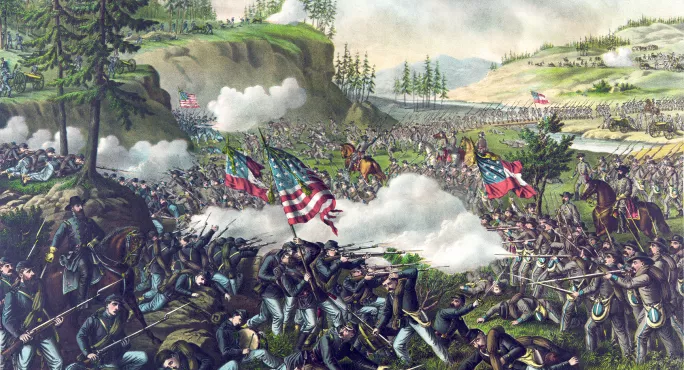History can be a difficult and uncomfortable place. So, how best for teachers to navigate events from the past that are potentially upsetting?
Teaching difficult histories - be it episodes of genocide, colonisation or systemic injustice - is crucial if we, as a society, are to foster a more comprehensive understanding of human history. Shying away from or glossing over uncomfortable events from the past would do a disservice to the education of young people.
Learning about historical truths can help children and adolescents in their development of empathy and critical thinking, as well as assisting them to develop a more nuanced world view.
Yet teaching a difficult past is not without its challenges. It is inevitable that teachers will have legitimate concerns when they have to broach uncomfortable histories in the classroom. For example, how should they navigate the emotional responses of young people? Or how can they best address diverse perspectives from the past?
Emotions such as anger, guilt and sadness may well be felt by both teachers and young people when they confront events from the past that are both upsetting and uncomfortable. Therefore, a delicate balance has to be struck between the emotional impact of what is being taught and the need for a learning environment that is safe from harm.
The multifaceted nature of history also gives rise to a variety of perspectives. Teachers, in discussing the past, are expected to work hard to ensure that their classroom is a place where open dialogue is permitted, and where young people feel safe to express their opinions - while ensuring that any such discussions are respectful and inclusive.
Teaching ‘difficult’ history
Here are some important points to consider:
1. A safe and inclusive learning environment
Develop a classroom environment that values diversity, inclusivity and respect. There should be rules that emphasise listening, empathy and constructive dialogue, with young people encouraged to appreciate the perspectives of others, even if they differ from their own.
2. Age-appropriate materials/resources
Lessons should be planned using age-appropriate primary/secondary sources that convey the complexity of historical events without overwhelming or distressing young people.
3. Context and framing
Before delving into difficult histories, try to offer context to help young people better understand the circumstances surrounding the past events being taught. Frame narratives within the broader historical and social context, highlighting the consequences and implications of historical events for different people and communities.
4. Facilitate critical thinking
Design activities that promote critical thinking and analytical skills. Encourage young people to question, analyse and draw connections between past events and contemporary issues. Foster a classroom environment where curiosity is celebrated and intellectual exploration is encouraged.
5. Include diverse perspectives
This is crucial. Try to ensure that what is being taught incorporates diverse perspectives and voices. Highlight the experiences of marginalised communities, peoples and individuals, acknowledging the multiplicity of narratives within any given historical event.
Paul Hamilton is a teaching fellow (history education) and academic coordinator (placements and partnerships) at the University of Edinburgh’s School of Education and Sport. He was previously a teacher of history and legal studies at Clydebank High School and tweets @_PaulHamilton





